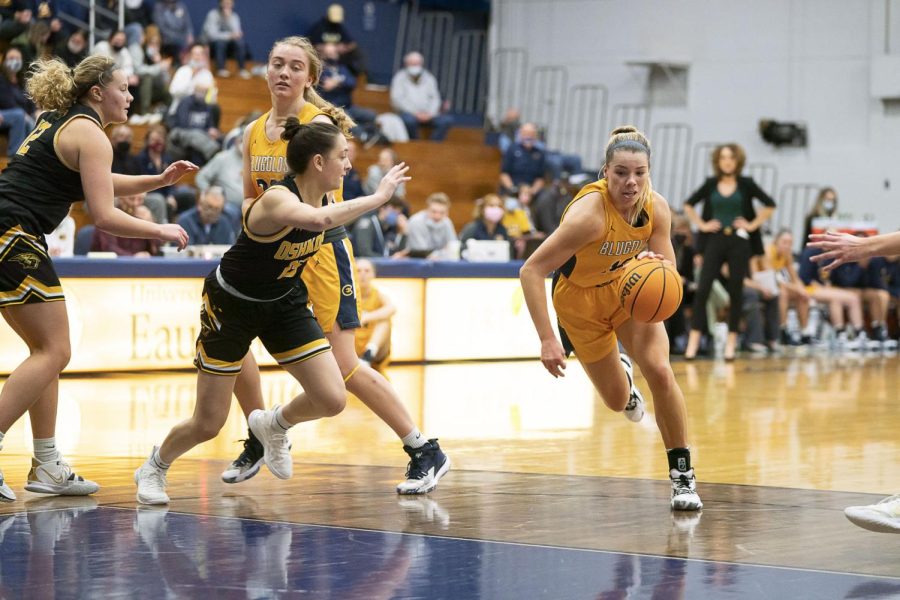Don’t you love it when spring training starts and there are already handfuls of injuries on teams across the country?
I’m being a sass; they make everything really crappy.
You may be wondering why exactly injuries early on in the season are poor happenings. “Rubbish,” you say, “they can mend up that sprained shoulder in a jiffy!”
Well, you’d be right. You can fix a sprain pretty quickly. And you’d be wrong, too. Why?
Early season injuries are far worse than late season injuries. Early injuries show flaws within the team and coaching staff that weren’t apparent before and could cost a team millions of dollars (as well as the high price of humiliation) come October when the season ends.
Let us examine some of the costs of early season injuries a little bit closer:
Losing players = thinned out lineups. When you lose a player – new or returning – early in the season, it means you have to start training other players to that position. Even if this training is only temporary and for practice, it still takes a toll on the players and staff alike.
Let’s look at Joel Zumaya. Now a Twins player, this poor fellow did a big number on his elbow during training, which may force him into retirement by the end of the week. The end of the week! So, with a relief pitcher spot opening up on the team (an extremely critical position), who will get it? It’s not wise to spread their two best relievers, Matt Capps and Glen Perkins, out thin. Nobody wins.
Waste of money, waste of trade. Okay, we can’t blame these poor chaps for blowing a ligament or having a hundred zillion concussions. It happens. Baseball is a very repetitive sport and those muscles and body parts wear down.
But the greedy, money-hungry monster inside of me can’t help but think, “Why didn’t you look at their injury record before you paid and made a trade?” I mean, think of the other people we could have picked up for our own favorite teams. Uffdah.
Tired, stressed and money-hungry players. Tying back to the first thing about thinned out lineups … with people going on and off the disabled list, switching positions and being kept out of games, the morale and ability of the team is going to suffer. Come October, there will be more injuries from the players who have worked so hard the whole season. They’ll be tired and play at a lesser level. And, perhaps worst of all, they may ask for more money for the next season. They may think, ‘I worked my butt off this year, and for what? A can of beans? Where is my 60 million per game!?’
That’s being sassy again; nobody makes that much per game …
But do you see what a slippery slope it could be? Coaches, players and staff need to make sure that everyone is physically and emotionally ready. A training season can be just as intense as regular season – wean them into baseball again slowly and take extra care of them in physical therapy sessions.
Because happy players make for good games, which leads to us – happy fans.





